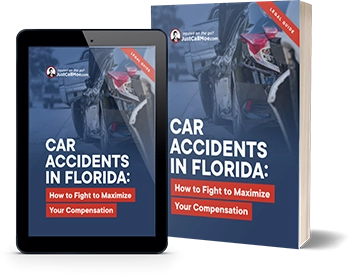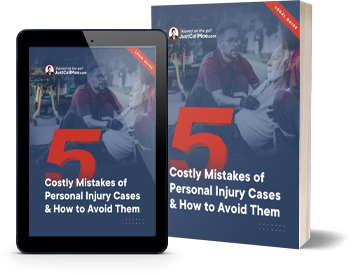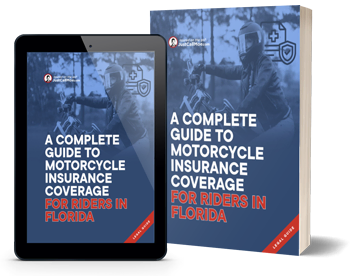Despite a long-term campaign to get “drunk drivers” off the road, alcohol is still a factor in about a third of the fatal car accidents in Florida. This substance impairs motor skills and gives people an artificial sense of well-being. Therefore, when people drink and drive, they are unable to react quickly and take unnecessary chances while driving.
Frequently, the tortfeasor (negligent driver) is traveling at or near top speed at the moment of impact. So, the injuries in alcohol-related car accidents are normally very severe. As a result, an Orlando car accident lawyer may be able to seek substantial compensation for these victims. This compensation usually includes money for economic losses, such as medical bills, and noneconomic losses, such as pain and suffering.
The Difference Between Impairment and Intoxication
Many people think these two words are synonymous. But there’s a big difference between them, especially in terms of car accident liability.
The aforementioned impairment, like impaired motor skills, begins after the first drink. Most people aren’t intoxicated, which means they’ve completely lost the normal use of their mental or physical faculties until they have three or four drinks. In other words, many people are impaired but not intoxicated. In this context, one drink is one too many.
Ways to Prove First Party Liability
Victim/plaintiffs may use circumstantial evidence to establish alcohol impairment. Such evidence includes:
- Erratic driving before the wreck
- Driver’s previous schedule (was s/he recently at a place that served alcohol)
- Physical symptoms, like bloodshot eyes
- Driver’s statements about alcohol consumption
The burden of proof in a civil claim is only a preponderance of the evidence, or more likely than not. Therefore, a little evidence goes a long way toward establishing liability for damages.
If the tortfeasor was arrested for DUI, s/he could be liable for damages as a matter of law, under the negligence per se rule.
Third Party Liability
Negligent drivers are legally and morally responsible for the wrecks they cause. A third party, specifically the entity which provided the alcohol, is often financially responsible for damages. Restaurants, bars, and other commercial providers are vicariously liable for alcohol-related car accident damages if they knowingly sold alcohol to someone who was habitually addicted to it.
The same burden of proof mentioned above applies here. Witness statements, like a bartender’s testimony, often establish this element. You’d be surprised what people voluntarily say at bars when they have had a few drinks.
Alcohol-related crash claims are often complex. For a free consultation with an experienced Orlando car crash lawyer, just call Moe DeWitt. Attorneys can connect victims with doctors, even if they have no money or insurance.
FAQs
How drunk is too drunk to drive?
Alcohol impairment begins with the first sip of alcohol. If you have even one drink, designate a driver or call an Uber.
What evidence does a lawyer use in an alcohol-related crash claim?
Physical evidence, like an odor of alcohol, is useful in these cases. So is a criminal DUI or other prosecution.
How much money can I get if a drunk driver hit me?
The average injury-related hospital bill is $100,000. That’s a good starting point.

 (866) 225-5663
(866) 225-5663




 100% Secure and Confidential
100% Secure and Confidential